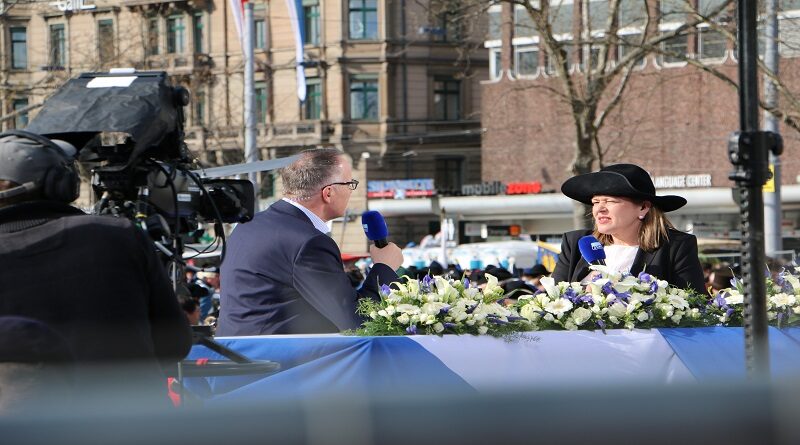Postgraduate courses in Broadcasting Studies
Where would we be without broadcasting? Broadcasting gives us the sound we enjoy on the radio to our favourite show we watch on television.
Quite a lot of work goes into the production and broadcasting of a show either on television or radio and while a lot of the time we only see the presenters, hosts and guests, a huge amount of work goes on i the background and behind the scenes in order to keep everything running smoothly from researchers to sounds and lighting and more.
If this is an area that interests you then you’ve come to the right place because we have some information that might help you along your way.
What is broadcasting studies?
Broadcasting studies refers to the study of the transmission of programmes or information by radio or television.
Broadcasting is the distribution of audio and video content that is electronically distributed to a wide audience and broadcast studies look at how to provide the best services through gaining strong broadcast skills.
What does a broadcaster do?
Depending on your particular role in the broadcast industry your role and daily tasks will differ from job to job and also from company to company. For the most part, the main role of anyone working in the broadcasting industry is to produce a service that informs and entertains the viewers and listeners and make entertainment as attractive to its audiences.
In general, a broadcaster will carry out tasks such as:
- Introduce hosts
- Create links between programmes and segments
- Introduce different guests
- Carry out interviews
- Interact with viewers or listeners
- Research topics and background information
- Plan and rehearse shows
- Work with other members who work on the show from sound technicians to co-hosts
- Interacting with co-workers in the production of shows in order for all to run smoothly is vital
Courses
There are many courses on offer in the area across the UK. Some courses offer the opportunity to study either part time or full time. Universities may have certain restrictions in place due to Covid-19 and may offer courses online. Examples of courses available include:
Media and Broadcast Production
Postgraduate courses in Media and Broadcast Production will give students a foundation in theoretical, applied and creative aspects of contemporary broadcasting. Students will gain experience and knowledge in different techniques they can use in broadcasting as well as gaining the relevant skills in order to work in the field. Modules may include Broadcasting Genre, Television Documentary Practice, Broadcast Journalism and Media and Broadcast Analysis. Particular course content may differ from course to course.
Sports Broadcast Journalism
Postgraduate courses like this one will give students the opportunity to take their sports knowledge to the screens. Students will learn how to source, edit and deliver stories using relevant technical skills and gain experience in a fast moving industry. Different areas covered include sports broadcast production, sports documentary making and the history of sports broadcasting.
Other courses available include Film and Television Studies, Journalism: News/Sport/Broadcast, Multimedia Journalism, Broadcast and Digital Journalism, Radio and many more.
Entry requirements
Entry requirements may differ from course to course or university to university. Therefore, it is important to research your specific course in detail to ensure you meet the entry requirements. As these courses are postgraduate courses, you will need a bachelor’s degree. Some courses may accept a 2.2 degree while others will require a 2.1. A degree in a relevant area is preferred, for example journalism or radio.
Related jobs
Jobs in the broadcast area include:
- Radio broadcast journalist
- Television broadcast journalist
- News/Weather anchor
- News and Sport presenter
- Radio Show host
- Radio or TV show producer
- Radio Show technician
- DJ
- TV or radio show presenter
Salary
The salary in the broadcasting field can be impacted by your experience, the company you are working with and also the area/exact role you have in the area of broadcasting. There can be a big difference between local and national broadcasters and the salary you can get from those. Starting salaries can begin between £15,000-£24,000 and with experience will rise to between £30,000-£60,000. Major national broadcaster salaries can exceed £80,000. It is believed the average salary of a broadcast journalist in the UK is around £38,000.
Skills and requirements
Skills and requirements helpful in this area include:
- Strong communication skills
- Interpersonal skills
- Confidence
- Good speaker
- Strong performance skills
- Strong interviewing skills
- Research skills
- Time management skills
- Organization skills
- Ability to work well under pressure
- IT Skills
- Ability to work well with others
- Ability to use software
- Creative




